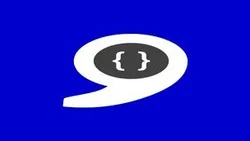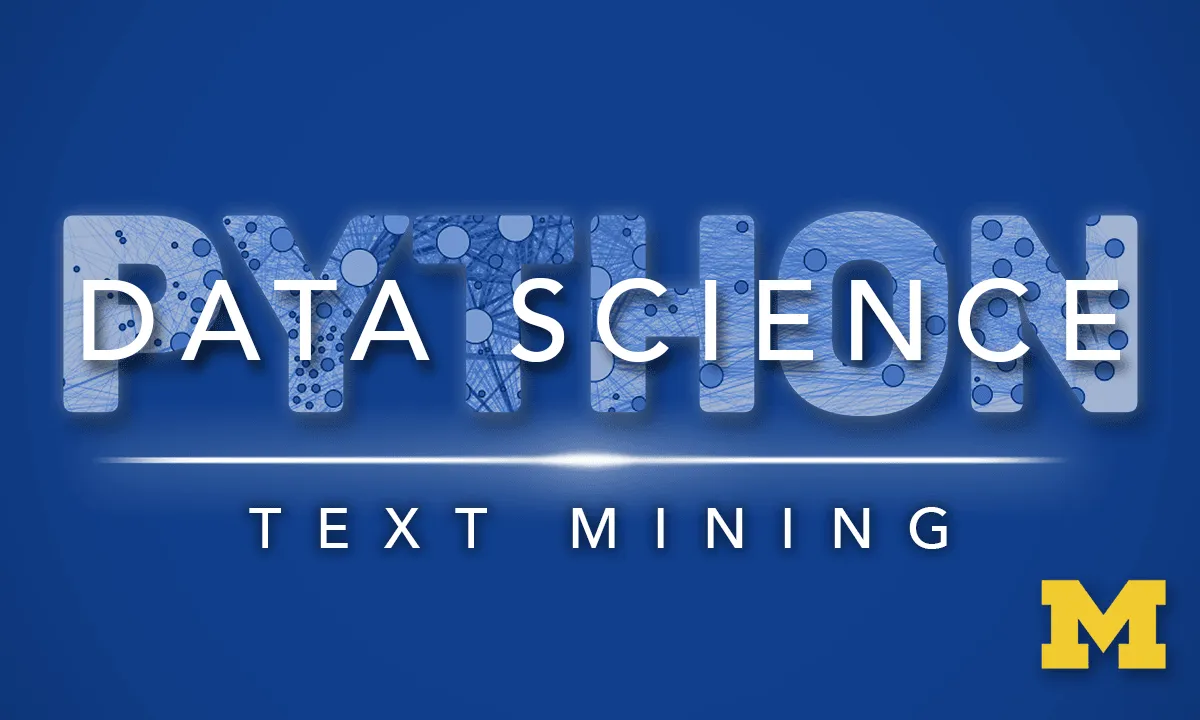
Add Natural Language Processing AI power to App by LUIS API 
This course will teach you how to integrate Natural Language Processing into your App using Microsoft Cognitive Services Language Understanding Intelligent Service (LUIS API). You will learn how to build custom LUIS models, integrate them into Chatbot, Web App or IOT App, and use features like phrase list and active learning to improve the performance of your AI-powered applications. Enroll now to learn how to add Artificial Intelligence to your App! ▼
ADVERTISEMENT
Course Feature
![]() Cost:
Cost:
Free
![]() Provider:
Provider:
Udemy
![]() Certificate:
Certificate:
Paid Certification
![]() Language:
Language:
English
![]() Start Date:
Start Date:
On-Demand
Course Overview
❗The content presented here is sourced directly from Udemy platform. For comprehensive course details, including enrollment information, simply click on the 'Go to class' link on our website.
Updated in [May 25th, 2023]
This course will teach students how to add natural language processing Artificial Intelligence capabilities to applications such as Chatbot, Web App or IOT App. Students will learn how to build custom LUIS models and integrate them into Chatbot, Web App or IOT App. They will also learn how to build custom machine learning language models.
The course will cover topics such as Microsoft Cognitive Services, Language Understanding Intelligent Service (LUIS), LUIS model, Intent, entities, phrase list, features in machine learning, and Active Learning (Semi-Supervised Learning-SSL). Students will also learn how to design and build custom LUIS models, train and test the LUIS model, create Bing Spell Check API in Azure portal, create Azure LUIS API in Azure portal, and integrate the LUIS model with Chatbot and IOT app. Additionally, students will learn how to improve LUIS model performance using phrase list and reviewing the endpoint utterances.
At the end of the course, students will be able to add natural language processing Artificial Intelligence capabilities to applications and build custom LUIS models. They will also be able to integrate custom LUIS models into Chatbot, Web App or IOT App, build custom machine learning language models, and improve LUIS model performance.
[Applications]
After completing this course, students will be able to apply the knowledge they have gained to integrate Natural Language Processing AI capabilities into their applications such as Chatbot, Web App or IOT App. They will be able to build custom LUIS models and integrate them into their applications. They will also be able to build custom machine learning language models and use Microsoft Cognitive Services Language Understanding Intelligent Service (LUIS API) to process natural language. Furthermore, they will be able to improve the performance of their LUIS models by using phrase lists and reviewing endpoint utterances.
[Career Paths]
Career Paths:
1. Natural Language Processing Engineer: Natural Language Processing Engineers are responsible for developing and implementing natural language processing algorithms and models to enable machines to understand and process human language. They work with a variety of technologies, such as machine learning, deep learning, and natural language processing, to create systems that can interpret and respond to human language. The demand for Natural Language Processing Engineers is increasing as more companies are looking to incorporate AI into their products and services.
2. AI Developer: AI Developers are responsible for developing and implementing AI-based solutions for businesses. They use a variety of technologies, such as machine learning, deep learning, and natural language processing, to create systems that can interpret and respond to human language. AI Developers are in high demand as more companies are looking to incorporate AI into their products and services.
3. Machine Learning Engineer: Machine Learning Engineers are responsible for developing and implementing machine learning algorithms and models to enable machines to learn from data. They work with a variety of technologies, such as deep learning, natural language processing, and computer vision, to create systems that can interpret and respond to data. The demand for Machine Learning Engineers is increasing as more companies are looking to incorporate AI into their products and services.
4. Data Scientist: Data Scientists are responsible for analyzing and interpreting data to uncover insights and trends. They use a variety of technologies, such as machine learning, deep learning, and natural language processing, to create systems that can interpret and respond to data. The demand for Data Scientists is increasing as more companies are looking to incorporate AI into their products and services.
[Education Paths]
Recommended Degree Paths:
1. Bachelor of Science in Artificial Intelligence: This degree program focuses on the development of AI systems and their applications. It covers topics such as machine learning, natural language processing, computer vision, robotics, and more. Students will learn how to design, develop, and deploy AI systems in various contexts. The degree also covers the ethical and legal implications of AI. Developing trends in this field include the use of AI for medical diagnosis, autonomous vehicles, and natural language processing.
2. Master of Science in Machine Learning: This degree program focuses on the development of machine learning algorithms and their applications. Students will learn how to design, develop, and deploy machine learning models in various contexts. The degree also covers topics such as deep learning, natural language processing, computer vision, and more. Developing trends in this field include the use of machine learning for medical diagnosis, autonomous vehicles, and natural language processing.
3. Master of Science in Natural Language Processing: This degree program focuses on the development of natural language processing algorithms and their applications. Students will learn how to design, develop, and deploy natural language processing models in various contexts. The degree also covers topics such as machine learning, deep learning, computer vision, and more. Developing trends in this field include the use of natural language processing for medical diagnosis, autonomous vehicles, and natural language processing.
4. Doctor of Philosophy in Artificial Intelligence: This degree program focuses on the development of AI systems and their applications. It covers topics such as machine learning, natural language processing, computer vision, robotics, and more. Students will learn how to design, develop, and deploy AI systems in various contexts. The degree also covers the ethical and legal implications of AI. Developing trends in this field include the use of AI for medical diagnosis, autonomous vehicles, and natural language processing.
Pros & Cons

Clear explanation of basics concepts

Real world examples

Easy to understand and applicable

Excellent job at explaining fundamentals

Industry standardized and real world problem solving

Connects with students quickly

Out of date content

Struggles to explain in engaging way

Speaker not easy to follow
Course Provider

Provider Udemy's Stats at AZClass
Discussion and Reviews
0.0 (Based on 0 reviews)
Explore Similar Online Courses

Introduction to Advance Features in Rasa Chatbot Framework 2

Productized: How to Build a 7-Figure Web Design Business

Python for Informatics: Exploring Information

Social Network Analysis

Introduction to Systematic Review and Meta-Analysis

The Analytics Edge

DCO042 - Python For Informatics

Causal Diagrams: Draw Your Assumptions Before Your Conclusions

Whole genome sequencing of bacterial genomes - tools and applications

Text Analytics 2: Visualizing Natural Language Processing

Applied Text Mining in Python


Start your review of Add Natural Language Processing AI power to App by LUIS API